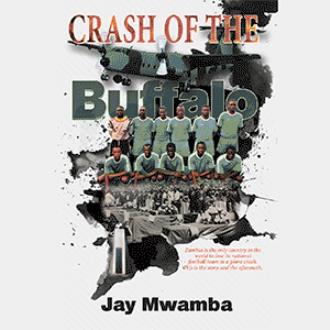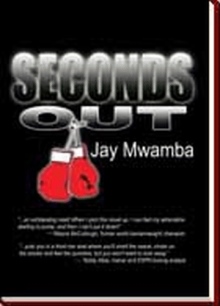Two days before his 41st birthday and 12 years after leading England to World Cup glory, Bobby Charlton suited up against African opposition for the first time in his fabled career. It was an autumn Monday evening in Shropshire, near the Welsh border, when he donned the blue and amber of Third Division title contenders Shrewsbury Town FC as a guest player at Gay Meadow on October 9, 1978. It would be one of his last games at organized level. The opposition? Zambia’s national team in its first game on its first tour of Britain, the country the southern Africans had gained independence from 14 years earlier.
The Zambians were awed.
Skillful, dynamic and master of the thunderbolt shot, Charlton had brought glory to both club and country. As captain of Manchester United, the midfielder had become the first English player to hoist the European Cup, forerunner of the Champions League, scoring twice in the 1968 final against Benfica.
A decade later, the enormous skills that had earned Charlton many honors, veneration, and a world class reputation, may have diminished with the years. But they were still ample enough to beguile a team of talented but star-struck amateurs – at least in the opening 45 minutes during which Shrewsbury led 3-0.
In 2014, Vincent Chileshe, Zambia’s teenage goalkeeper on that tour, recalled Charlton’s scintillating display and attempted to exculpate his defenders.
“Sometimes it’s [normal], where you find that if you are playing a player who’s well known, the defenders are sometimes scared. That’s how it is,” he said in Tampa, Florida.
Mesmerized was more like it, on what felt like an icy winter’s night for the visitors from the tropics. Five years after leaving Manchester United with a then club record 249 goals, Charlton put on a clinic against opposition blindsided early by both his skills and the elements.
Charlton nodded in a dipping cross at the back post. A one-two with his striking partner split the Zambian defense and put him one-on-one with Chileshe in goal. The teenager’s next act was plucking the ball out of the net. Charlton would complete his hat trick before the interval, beating the 19-year-old Chileshe with another header to add another match ball to his enormous collection.
“They were scoring through headers -- you know how the [English] played,” recalled Chileshe, evoking the English game of that era, replete with long balls and crosses into the box. “They’d go to the by-line, square the ball and by the time, mebbe, you’ve covered the near post, they’ve put it in at the far post.”
At any rate, Zambia’s pedigree would be more discernable on resumption, reported Zambia Daily Mail sports reporter Wellington Kalwisha, who accompanied the team.
“They showed great composure in the second half when they completely took charge, reducing their hosts to only one more goal despite the masterly distribution in midfield by the [40-year-old] English maestro – the great Charlton, whose brilliant footwork delighted the crowd,” wrote Kalwisha.
The friendly, the first match of the Zambians’ three-week seven-game British tour, ended in a 4-0 drubbing.
Said Charlton to Kalwisha: “I was greatly impressed by the natural ability displayed by your team. The skill is there but what they lack is the directness in front of goal. They have that fatal hesitation in front of goal but otherwise the approach is superb.”
At the final whistle, the Zambian players were predictably eager to shake hands with Charlton. It’s likely that he shook hands with forward Godfrey Chitalu, a sometimes-fiery former boxer nicknamed “Ucar” and even then, Zambia’s greatest player ever – based on his scoring and match-winning prowess.
Six years earlier, Chitalu had struck a record 107 goals in one season for club and country. That remarkable tally would earn him posthumous global fame four decades later when his name was embroiled with Lionel Messi’s in an impromptu debate on who had netted the most goals in a calendar year. Chitalu’s idol was Charlton’s former Manchester United teammate Denis Law. That adoration had reportedly once earned the powerful Zambian striker – a precursor of the great Liberian George Weah in physique and style – the red card for his cheeky retort to a referee in a league match. The story goes that booked earlier, Chitalu committed an infraction that demanded a reprimand. Asked his name by the referee – who presumably hadn’t requested it for the first offense – Chitalu responded, “Denis Law.” Out came a second yellow card and his dismissal.
Decades later, Charlton’s brief encounter with Chitalu could be interpreted for what it was: a quirk of fate. One of the most famous survivors of the tragic 1958 Munich air crash that ultimately claimed eight Manchester United players had just crossed paths with a future victim of an air disaster that would wipe out an entire national team. Chitalu, then Zambia head coach, would perish along with his entire squad, and the crew of a Zambian air force transport plane, in Libreville, Gabon, on the night of April 27, 1993.



